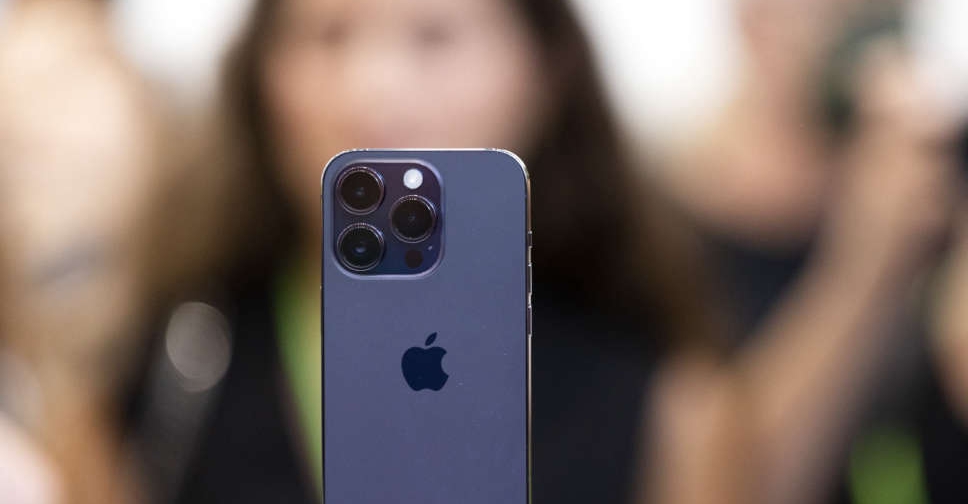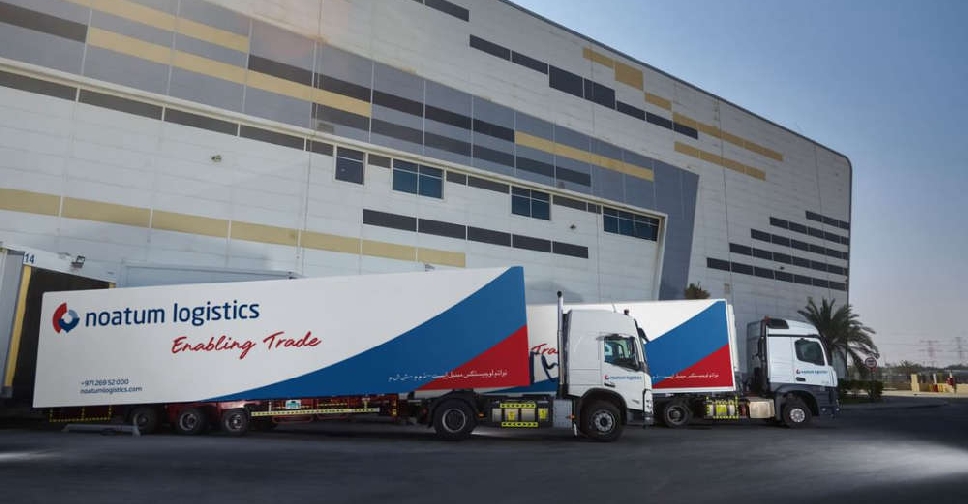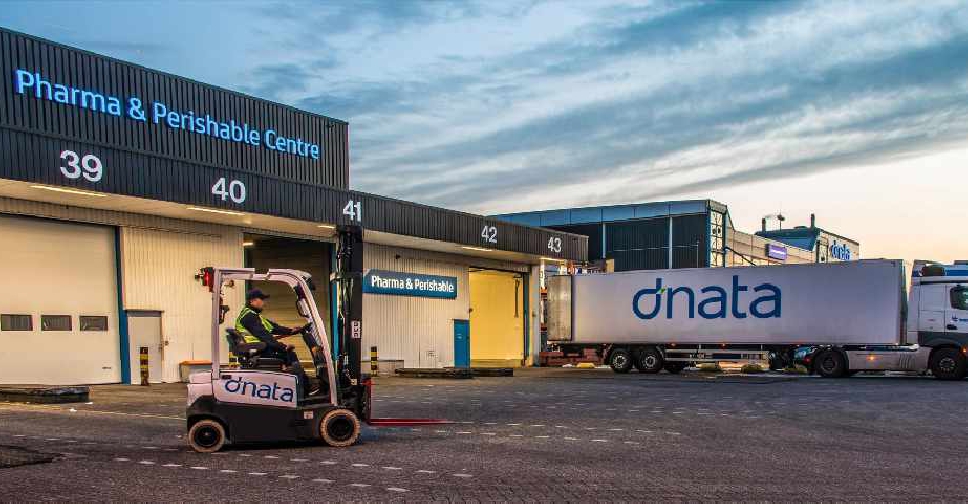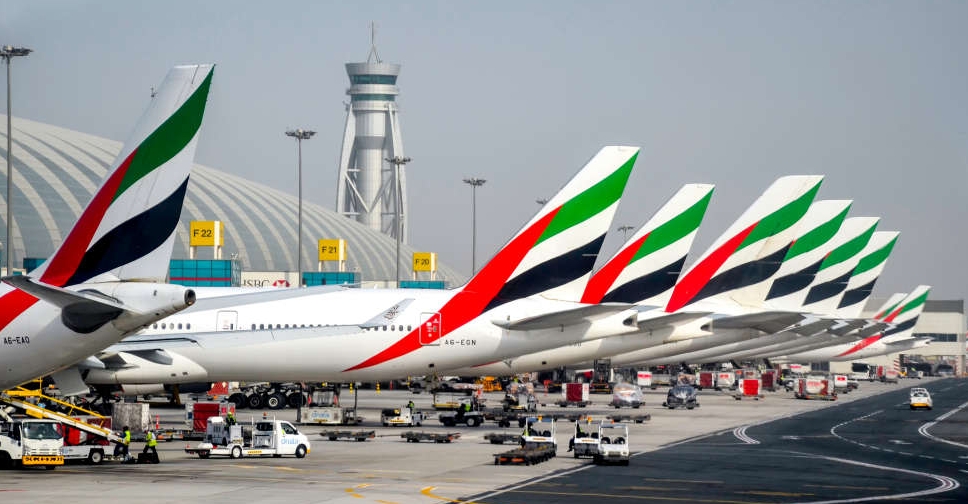
US President Donald Trump's administration granted exclusions from steep reciprocal tariffs to smartphones, computers and some other electronics imported largely from China, providing a big break to tech firms like Apple that rely on imported products.
In a notice to shippers, the US Customs and Border Protection agency published a list of tariff codes excluded from the import taxes, with retroactive effect on April 5.
It featured 20 product categories, including the broad 8471 code for all computers, laptops, disc drives and automatic data processing. It also included semiconductor devices, equipment, memory chips and flat panel displays.
The notice gave no explanation for the move, but the late-night exclusion provides welcome relief to major technology firms such as Apple, Dell Technologies and many other importers.
Trump's action also excludes the specified electronics from his 10 per cent "baseline" tariffs on goods from most countries other than China, easing import costs for semiconductors from Taiwan and Apple iPhones produced in India.
Asked on Saturday about his reasoning for the exemptions and plans for semiconductors, Trump told reporters on Air Force One: "I'll give you that answer on Monday. We'll be very specific on Monday ... we're taking in a lot of money, as a country, we're taking in a lot of money."
Wedbush Securities analyst Dan Ives called the announcement "the most bullish news we could have heard this weekend."
"There is still clear uncertainty and volatility ahead with these China negotiations.... Big Tech firms like Apple, Nvidia, Microsoft and the broader tech industry can breathe a huge sigh of relief this weekend into Monday," Ives said in an industry note.
Many tech company CEOs have embraced Trump as he begins his second term, attending his January 20 inauguration in Washington and celebrating with him afterward. Apple CEO Tim Cook hosted a pre-inaugural ball and has visited Trump at his home in Florida.
For the Chinese imports, the exclusion only applies to Trump's reciprocal tariffs, which climbed to 125 per cent this week, according to a White House official. Trump's prior 20 per cent duties on all Chinese imports that he said were related to the US fentanyl crisis remain in place.
But the official said Trump would launch a new national security trade investigation into semiconductors soon that could lead to other new tariffs.
White House spokesperson Karoline Leavitt said in a statement that Trump has made clear the US cannot rely on China to manufacture critical technologies such as semiconductors, chips, smartphones and laptops.
But she said that at Trump's direction, major tech firms, including Apple and chipmakers Nvidia and Taiwan Semiconductor 2330.TW "are hustling to onshore their manufacturing in the United States as soon as possible."
The exemptions suggest an increasing awareness within the Trump administration of the pain his tariffs could inflict on inflation-weary consumers.



 AD Ports Group's Noatum Logistics acquires 152 new long-haul trucks
AD Ports Group's Noatum Logistics acquires 152 new long-haul trucks
 dnata launches three major infrastructure projects worth $110m
dnata launches three major infrastructure projects worth $110m
 Dubai International Airport retains top spot in international passenger traffic
Dubai International Airport retains top spot in international passenger traffic
 Dubai awards AED 1.4 billion contracts for stormwater infrastructure
Dubai awards AED 1.4 billion contracts for stormwater infrastructure




